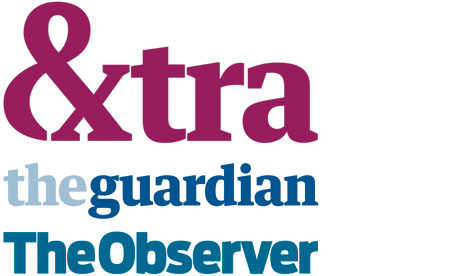 Here is a good summary of the recent spat between Nestle and Greenpeace over palm oil. However, the lesson is not really that Nestle reacted clumsily to the initial salvo from Greenpeace and thus had to back-track and cave-in to their demands: the real lesson is touched on at the end of the article where it is suggested that companies can now be bullied by tiny groups of activists who don’t represent the majority of consumers.
Here is a good summary of the recent spat between Nestle and Greenpeace over palm oil. However, the lesson is not really that Nestle reacted clumsily to the initial salvo from Greenpeace and thus had to back-track and cave-in to their demands: the real lesson is touched on at the end of the article where it is suggested that companies can now be bullied by tiny groups of activists who don’t represent the majority of consumers.
This suggestion is misplaced – and highlights how activism in the social media age has changed. The people taking that action were undoubtedly a small group of activists. However, the campaign was successful because the activists had the broad, albeit largely unexpressed, consent of the majority of consumers.
The views of the average KitKat consumer could probably be expressed thus:
Do you like the fact that your KitKat contains palm oil that comes from a company that is illegally clearing forests to create environmentally unsustainable palm oil plantations?
Not particularly.
Would you go on a March to protest about this?
No – I have a life.
Would you stop buying KitKats now that you know this?
Err – probably not.
But would you rather Nestle switched to a supplier that uses palm oil produced in a more ethical and sustainable way?
Absolutely.
Now in the past, this broadscale, but very lukewarm, response would have been functionally useless. There was no way to capture the energy generated by a very small change in temperature across a very large number of people – you needed quite a large number of people to get very energetic to force companies to shift. This is no longer the case – the will of the passive majority can be imposed through the actions of an active minority.
Now it is a huge mistake to jump to the conclusion that this means that social media has handed increased power to the activists or extremists. It hasn’t. These activists have to secure the passive consent of the majority, probably a very large proportion of this majority, if their actions are to be successful. They have to mobilise more people than in a traditional campaign – but they only have to mobilise them a tiny little bit.
The fact of the Nestle case is that the vast majority of KitKat consumers would rather that KitKats were made using sustainably sourced ingredients. None of them were actually very concerned about this – they didn’t have to be. Their will could prevail with them barely having to lift a finger, let alone raise a placard.
 Trying to explain social media to businesses can sometimes feel a bit like Thomas Eddison trying to explain the lightbulb at a convention of oil-lamp manufacturers.
Trying to explain social media to businesses can sometimes feel a bit like Thomas Eddison trying to explain the lightbulb at a convention of oil-lamp manufacturers.
 About a year ago Clay Shirky wrote a brilliant article called
About a year ago Clay Shirky wrote a brilliant article called  The Guardian has made an entry into the paid-for content space. Called
The Guardian has made an entry into the paid-for content space. Called Here
Here
 The assertion that journalists have a bright future might seem rather strange given the somewhat disparaging things I have tended to say in this blog about the institutions and processes of journalism (many of which are contained in
The assertion that journalists have a bright future might seem rather strange given the somewhat disparaging things I have tended to say in this blog about the institutions and processes of journalism (many of which are contained in  Rupert Murdoch’s last great battle, getting people to pay for on-line content, has been much discussed. The general view is that he will not win.
Rupert Murdoch’s last great battle, getting people to pay for on-line content, has been much discussed. The general view is that he will not win.  @obionyeaso
@obionyeaso